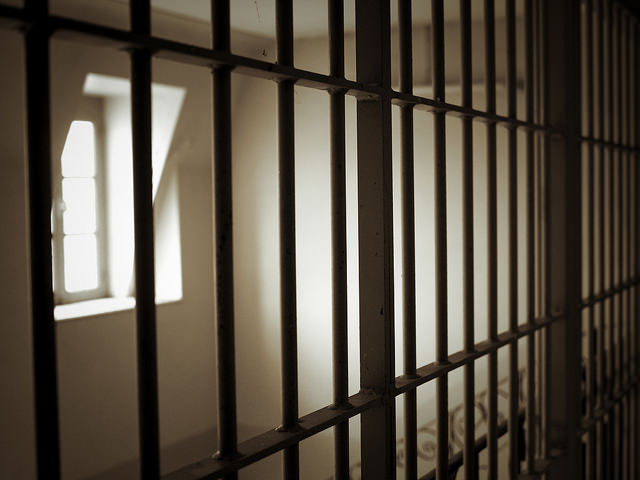Why Colin Kaepernick Stood in Front of a New York City Parole Office for Hours

By:
Former San Francisco 49ers quarterback Colin Kaepernick stood in front of a parole office in New York City and gave away suits. Kaepernick dropped off a truck full of suits on Saturday and they were distributed on Tuesday.
No, this isn't his new job, but a part of his pledge last season to donate $1 million to causes that help communities in need. Kaepernick made headlines for his controversial protest of police brutality and racial inequality during the national anthem at NFL games.
Kaepernick and Hot 97 radio personality Nessa teamed up with 100 Suits, an organization that gives new suits to men who are newly paroled, on probation, or are currently incarcerated.
The organization 100 Suits, which gets significant support from donations, aims to help young black men in New York City who have been arrested or incarcerated be productive members of society.
"Our goal is to reduce recidivism and teach young men their worth," founder Kevin Livingston told ATTN:. "We go to Rikers Island and we hold success panels, and we teach them voter registration, and how to dress."
Livingston said that the organization also provides hair cuts and information about financial literacy for young men.
"My goal is simply to just show young men their worth, and we deal with it from a holistic stand point," he said. "That's one of the biggest obstacles we have, just showing the men they're worth."
Why is a suit so important?
ATTN: talked to Marc Mauer, the executive director of the Sentencing Project, about parolees and recently released inmates via email. Mauer said that, along with stable housing, a job is the most important factor for success in society after someone returns from prison. A suit, which can be expensive, is generally considered important attire for a job interview, and people with criminal records already face significant obstacles in getting a job.
"As is true of all citizens, employment provides individuals with the resources they need to support themselves," he said. "It also places them in direct contact with other workers, which can reinforce the value of gainful employment and the social norms that go along with that."
 poirpom - flickr.com
poirpom - flickr.com
Mauer said that there is a stigma attached to people with a criminal record.
"A key obstacle is the social stigma that is attached to having a prison record," he said. "Even though people released from prison have fulfilled their punishment obligations, these attitudes are still prevalent long after a sentence has been completed."
Some state and federal policies, needlessly restrict employment access for people with a felony on their record, according to Mauer.
"While some of these restrictions are premised on public safety grounds, such as prohibiting a person convicted of pedophilia from working in a day care center, many have no such rationale," he said. "For example, in many states individuals with felony convictions cannot obtain a license to be a barber or cosmetician."
Mauer said that states and communities that support "Ban the Box" — a movement to ban employers from asking about criminal records on job applications — give Americans with a criminal record a better shot at employment. More than 150 cities and counties and 26 states have banned employers from asking about a criminal record in the first stage of the hiring process. President Barack Obama also supported the ban.
"'Ban the box' policies prohibit use of this question on an initial job application in order to enable a person to gain an opportunity for a job interview," said Mauer. "At the time of an interview an employer can then ask about any convictions, but the individual then has the opportunity to present a case for how they have changed and can be responsible in a job situation."
